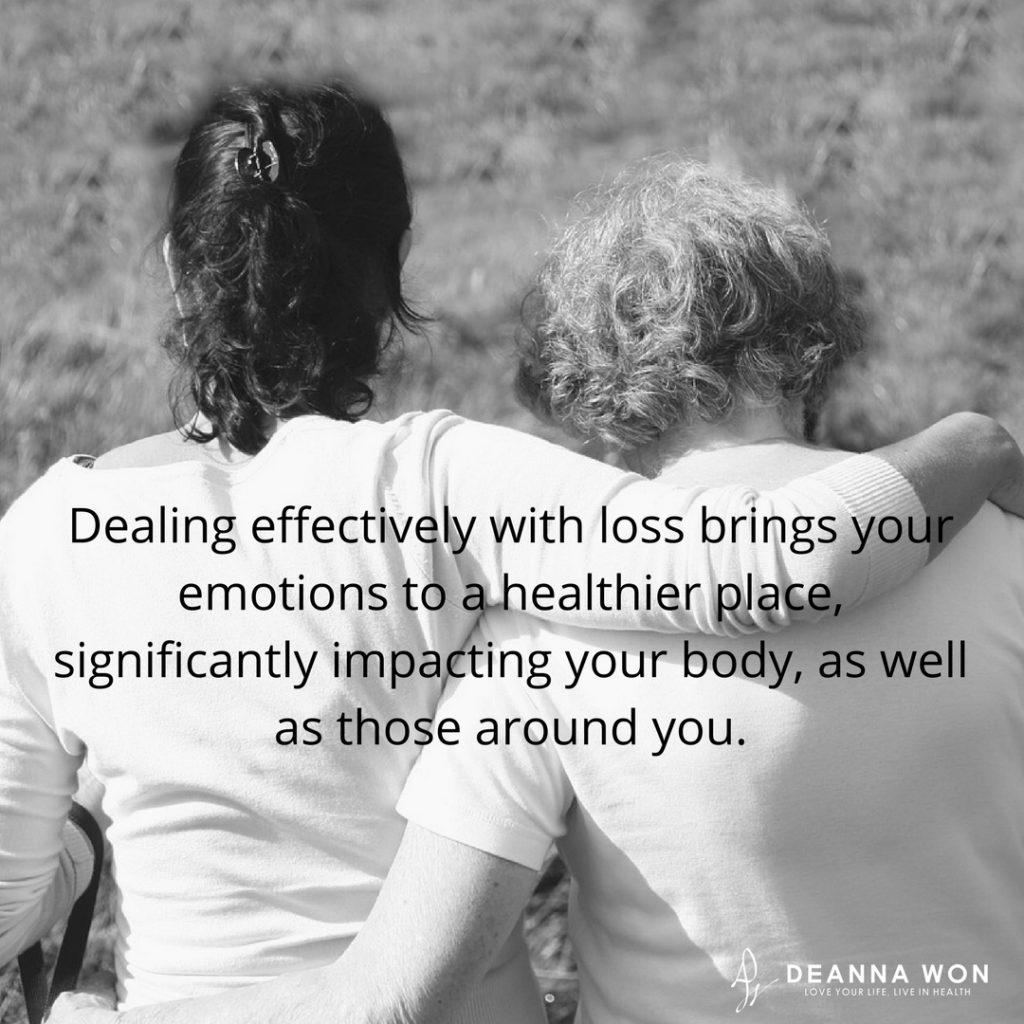Most of us have dealt with some form of loss. We may have lost a job, parted ways with a childhood friend, or allowed a relationship with a romantic partner to wither away. However, one of the hardest loss is to lose a close friend, spouse, or child to death. The close nature of these relationships create to be profound or devastating losses.
Losing a loved one can turn one’s life upside down. If the loss is a parent losing a child, many parents begin to feel that they have somehow failed their child and that they do not have the “right” to continue on with their own lives without the life of their child. Parents that have lost children become very distant from their spouse, fall into bouts of depression, and sometimes end up dissolving their relationship with their spouse because the pain is far too overwhelming.
If the loss is a spouse, especially the breadwinner of the family, the remaining spouse not only has the pressure of dealing with the bouts of depression, but also has the added stress of handling all of the remaining financial obligations that were once handled by the dearly departed. Dealing with the overwhelming feelings of the loss and the added financial burdens can feel insurmountable and can lead to a barrage of negative thoughts and behavior.
In dealing with a profound loss, the body also has a way of dealing with the loss that, if not appropriately handled, can result in the overgrowth of cells that can lead to more detrimental circumstances. We all have germ cells in our body, which are the cellular units that produce both sperm and eggs. At birth, a female is born with all of her eggs and her body will never produce any more. However, males will continue to produce sperm throughout their lifetime. When a profound loss is experienced, the body begins to produce additional germ cells in the ovaries and the testicles, resulting in either ovarian or testicular teratoma, otherwise known as a tumor.
In females, the body begins to treat the tumor as though it were a developing child. The body actually begins to nurture the teratoma and encourages its growth. If the profound loss is eventually dealt with, the teratoma will decompose if the proper conditions are met in the body. Otherwise, if the conflict continues to exist, the teratoma can become encapsulated, forming a dermoid cyst, which can actually begin to form teeth, hair, and bones.
As most of us will experience a profound loss at some point in our lives, it is important that we develop the tools that can help us prepare for and deal with these inevitable events when they occur. Although it may be difficult in these times of profound loss, we must not allow our thoughts and feelings to become so overwhelming that they result in harm to our bodies.
If you’re dealing with loss, know that there are ways that I can help you to develop the tools that you will need to overcome the profound feelings of depression that you may be dealing with. A profound loss affects not only your feelings and your body, but also those around you. Allow me to help you bring your thoughts and feelings back into healthier space. Yes, you’re allowed to feel that loss; however, you don’t want that loss to take over your entire life and being. You can lead a healthy and happy life, despite your circumstance. Let me help you get there.
Ready to make your health a priority? Contact me here to schedule your consultation.

